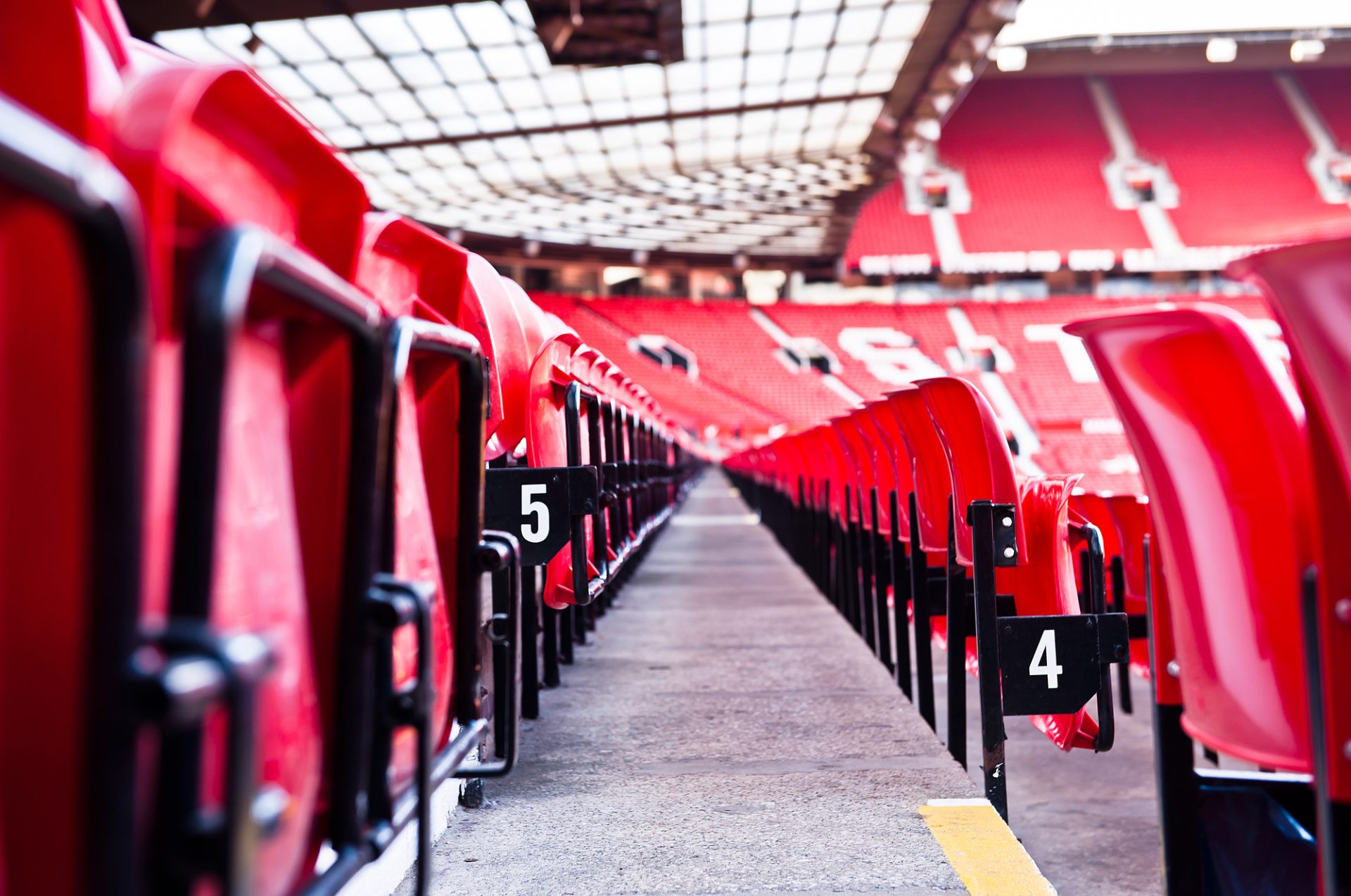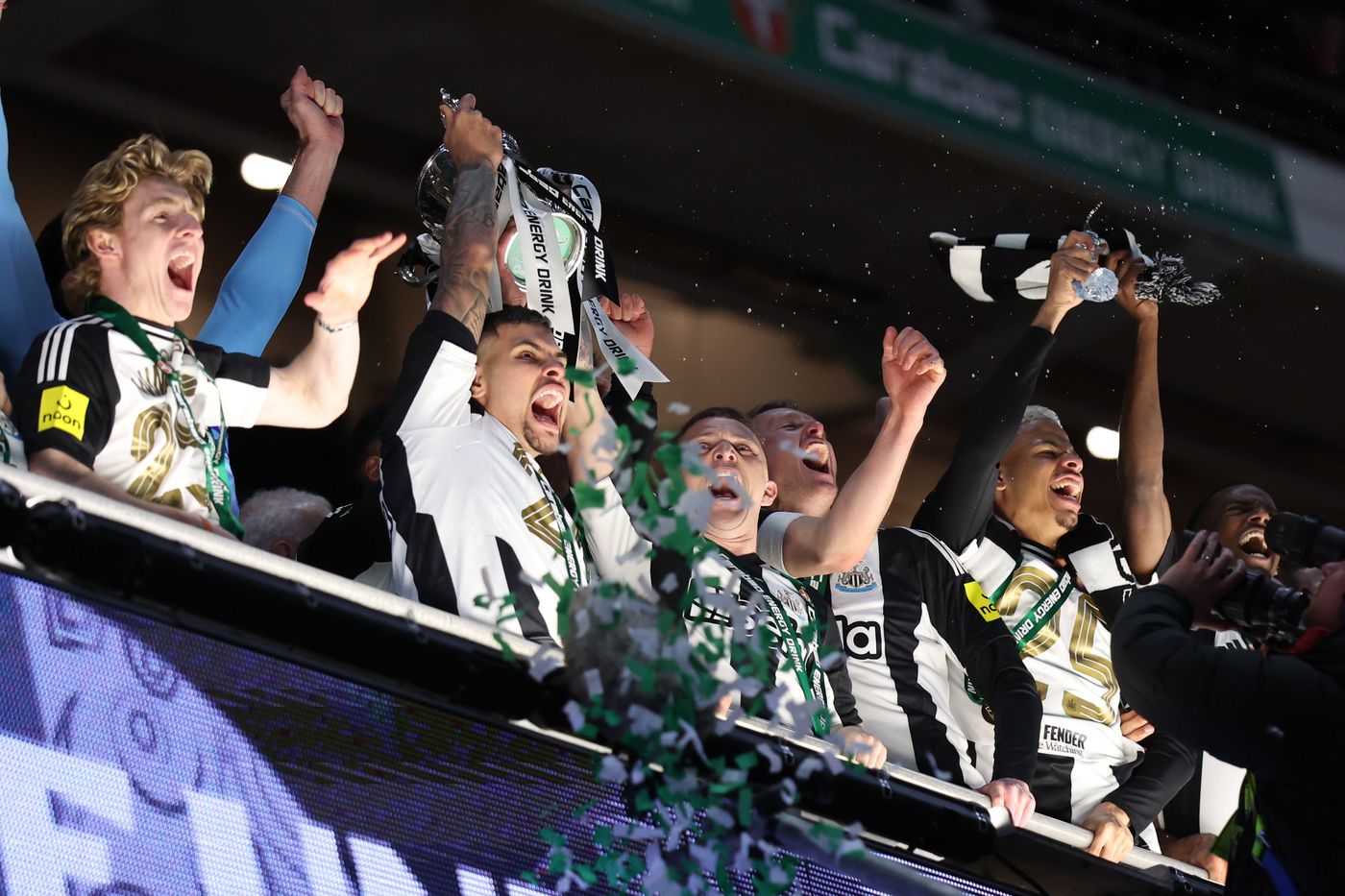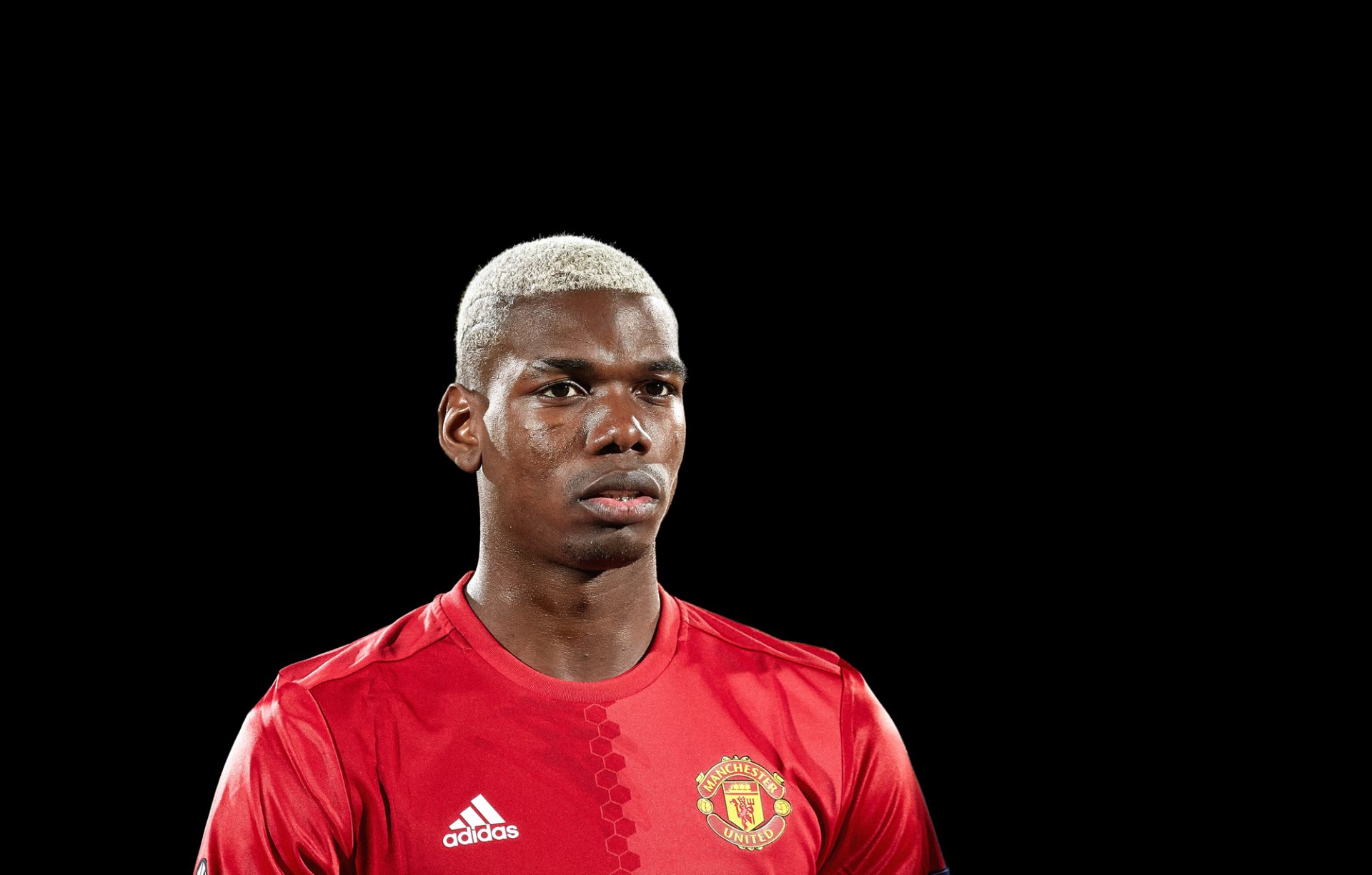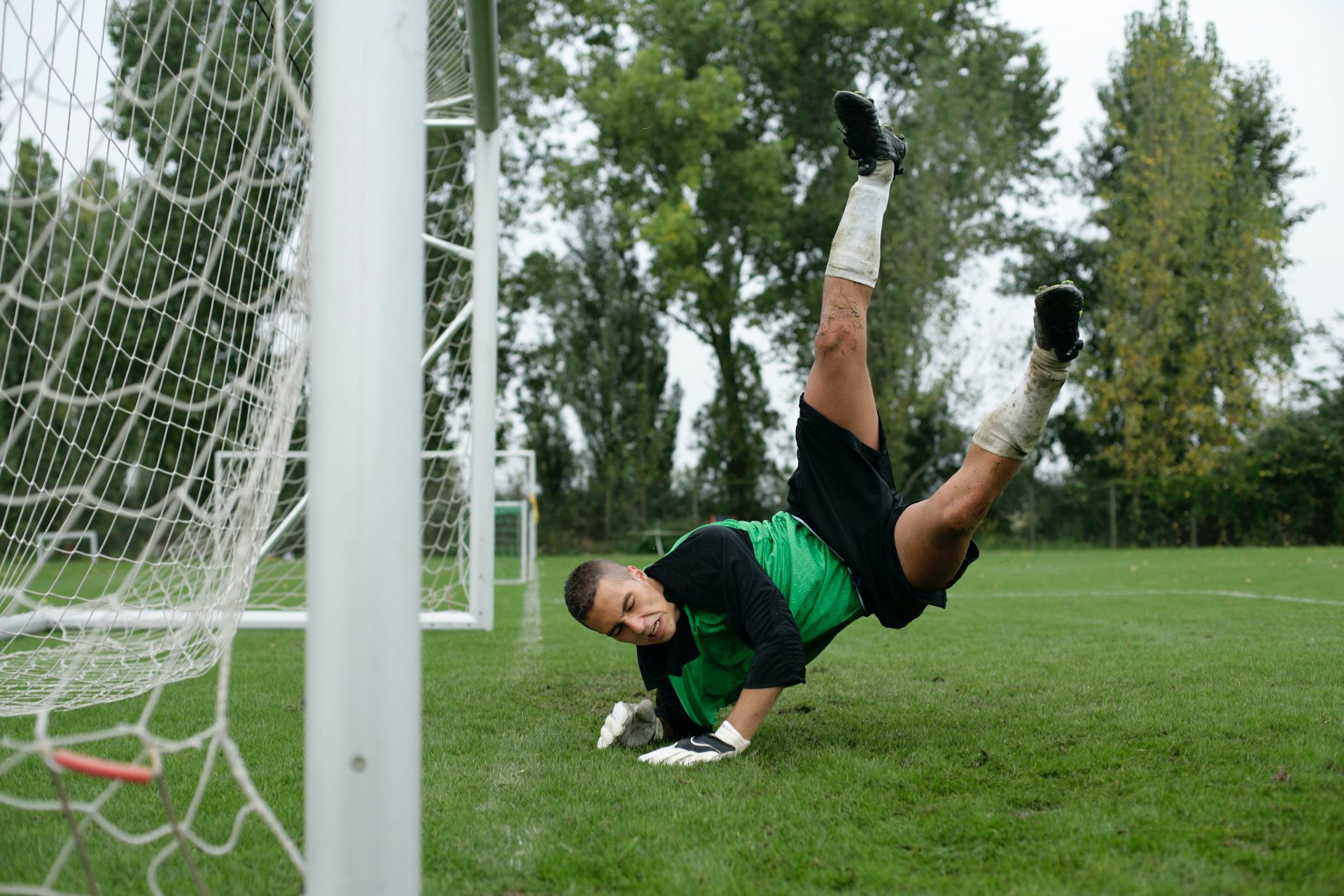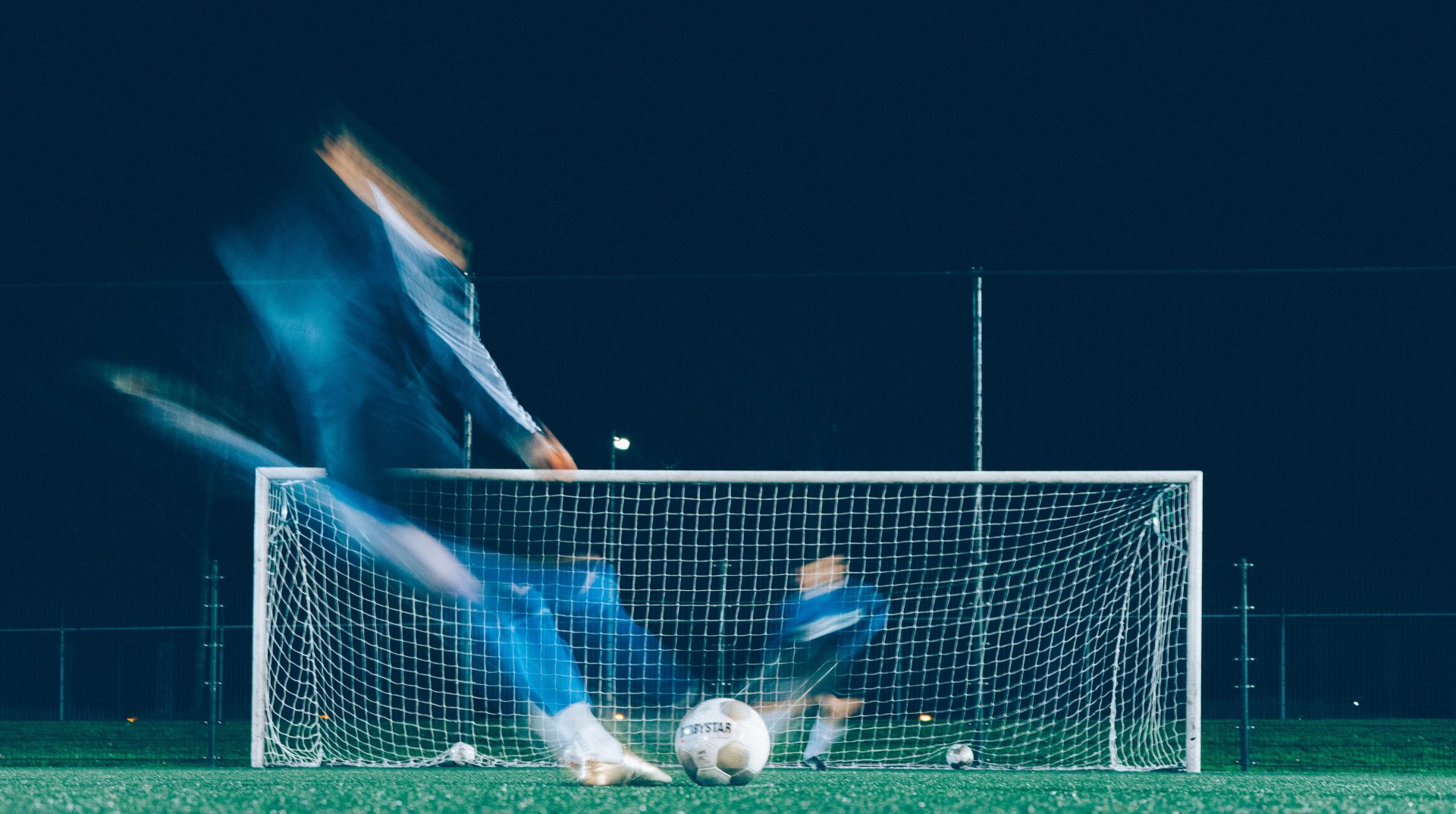Why Football Is Played For 45 Minutes: Understanding Match Duration
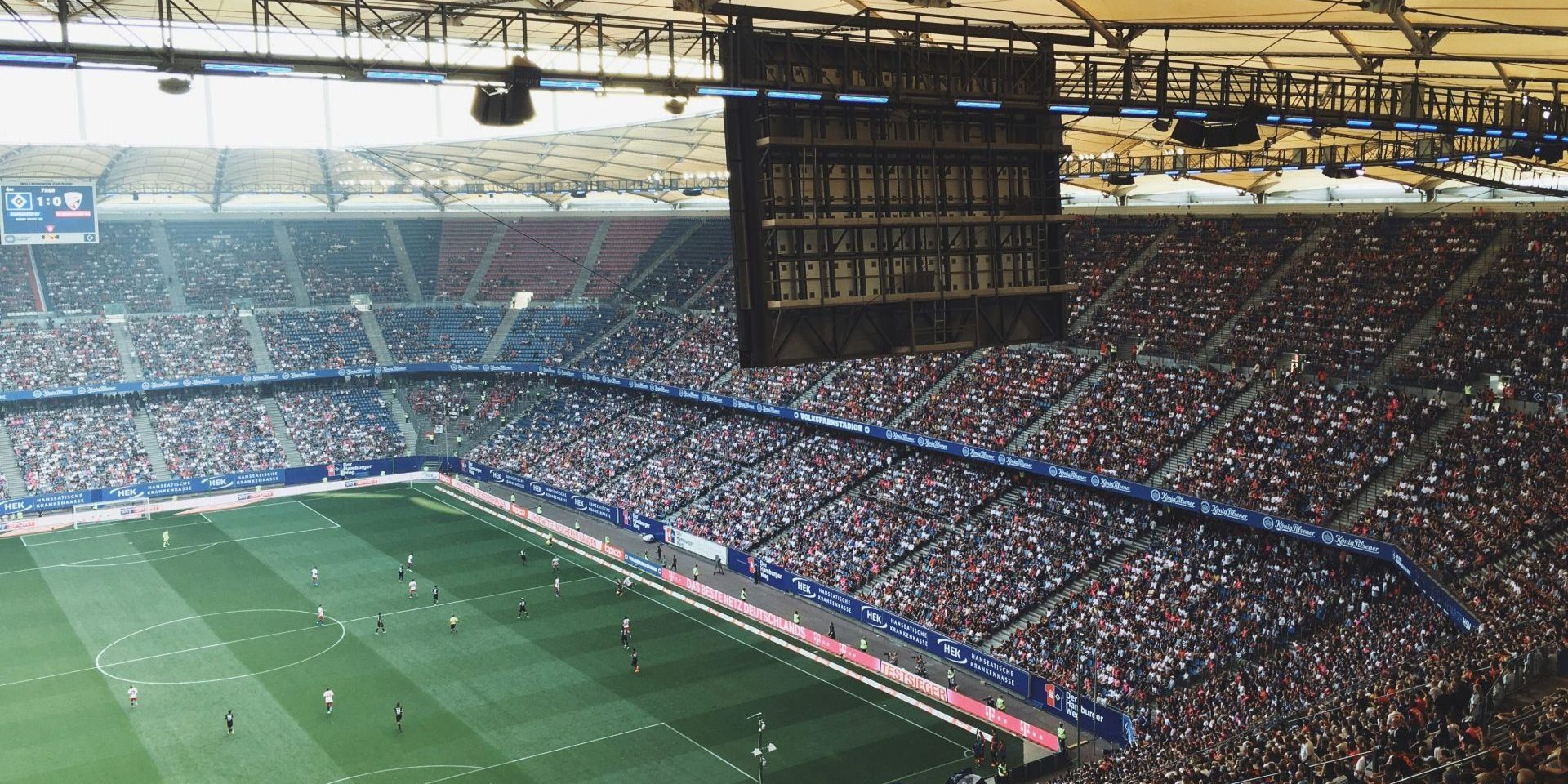
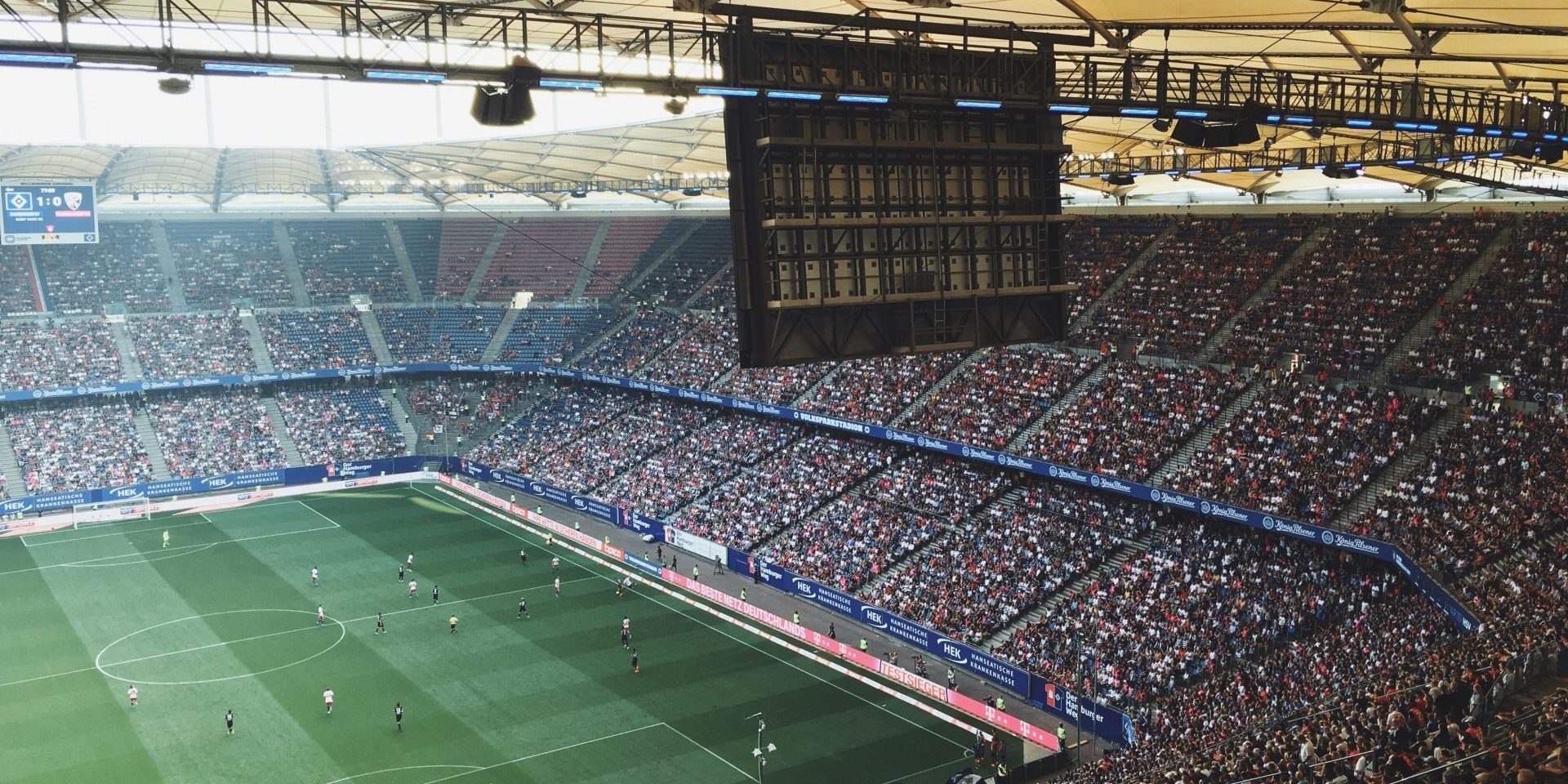
Table of Contents
The duration of a football match is typically 90 minutes, divided into two halves of 45 minutes each. This structure is a global standard, followed universally across international and club-level games. The establishment of this time frame is believed to have originated in Britain during the late 19th century. The specific choice for half-hour halves was extended to 45 minutes by mutual consent, offering a well-balanced length that allows players to perform at a high intensity while also providing spectators with ample entertainment.
The break between the two halves, known as halftime, lasts 15 minutes and serves multiple purposes. It provides teams with an opportunity to rest, strategise, and address any issues observed during the first half. Coaches can give feedback and adjust tactics, while players can recover and prepare for the second half. The rules regarding the duration of a match are codified in the Laws of the Game, maintained by the International Football Association Board (IFAB).
Further examination into the chosen match length reveals practical considerations, such as the physical demands on players and the attention span of fans. Football’s pacing and duration have been fine-tuned over time to maximize the excitement and competitive balance of the game. This regulation also ensures uniformity, allowing a standard reference for organizing competitions worldwide.
Historical Origins of the 45-Minute Half
The historical development of the 45-minute half in football is anchored in England’s football traditions and was shaped over time by practical considerations to form the match durations we know today.
England’s Influence on Football
England’s role in the creation of modern football is well-documented. In the 19th century, different schools and clubs played their own versions of the game with varying rules. It was in England that football began to gain a structured set of rules, which eventually influenced the duration of the game as well. Football Association, the sport’s first governing body, was formed in England and it played a decisive role in standardizing the rules of soccer, including the length of each half.
Evolution of Match Duration
Initially, football matches had no standard length and could be played for hours or even over multiple days. As the sport became more formalized, there was a need for a fixed match duration. The specific choice of 45-minute halves was a compromise reached to standardize match times across the multitude of clubs. This duration was likely selected for its balance between playtime and rest, and to fit matches neatly into an afternoon’s schedule. With the standardization, matches lasted for a total of 90 minutes, split evenly into two halves with a rest period, known as half-time, typically lasting 15 minutes.
This format has remained largely unchanged and is now the foundation upon which the game’s rules are built globally, demonstrating the enduring influence of early English football traditions.
Regulations and Timekeeping
In the regulated timekeeping of football matches, FIFA sets the standards while referees monitor compliance throughout the game, ensuring fairness and minimizing time wasting.
FIFA’s Role
The International Federation of Association Football (FIFA) plays a pivotal role in defining the timing regulations for football matches. Each match consists of two halves, each lasting 45 minutes, with a 15-minute halftime break. FIFA’s Laws of the Game stipulate these durations and mandate adherence to them internationally.
Stoppage Time and Added Time: FIFA allows for extra time, known as stoppage time or added time, at the end of each 45-minute half. This additional time compensates for pauses in play due to factors like injuries, substitutions, or other interruptions. The specifics regarding stoppage time are documented within FIFA’s guidelines.
The Referee’s Responsibilities
The referee is responsible for keeping track of the time during football matches. They determine when to start and stop the clock and are the sole authority for keeping track of stoppage time. The referee’s decision regarding timekeeping is final and not subject to external review.
- Monitoring Time Wasting: The referee proactively monitors the match for instances of time wasting, ensuring the flow of play isn’t unnecessarily hindered.
- Issuing Cards: To discourage time wasting, referees can issue a yellow card as a warning, or a red card for more serious or repeated time-wasting offenses.
- Referees Committee: Under the guidance of individuals like Pierluigi Collina, who chairs the FIFA Referees Committee, referees are consistently trained and updated on the best practices in timekeeping to uphold the integrity of the game.
The referee is authorized to add lost time at their discretion and communicates the amount of added time to players and spectators, usually through an electronic board displayed by the fourth official.
The Dynamics of a Football Match
A football match is governed by rules that specify the duration of play and manage interruptions, ensuring a game that is both fair and entertaining.
Playing Time and Active Play
Football matches consist of two halves, each lasting 45 minutes. This duration was formalized by the International Football Association Board (IFAB) to standardize game length across competitions. During the 45 minutes of each half, the objective is for the ball to be in active play as much as possible. Active play is defined as any period where the ball is not out of bounds or play is not stopped by the referee. Despite these periods, actual playing time is less than 90 minutes due to various stoppages that occur.
Injury time or stoppage time is added at the end of each half to compensate for time lost due to substitutions, injuries, or other delays. This ensures that the amount of active playing time is maximised. Managers often use substitutions not only for tactical adjustments but also to manage the players’ fatigue and occasionally as a tool for time-wasting.
Managing Substitutions and Stoppages
Under current rules, a team is usually allowed to make three substitutions during a match. Each substitution offers a chance to bring in fresh legs, adjust tactics, or manage injuries. However, substitutions can also be used strategically to disrupt opponents’ momentum or to waste time when leading.
In addition to substitutions, referees must manage stoppages in play. Beyond the standard throw-ins, goal kicks, and corner kicks, stoppages may also involve player injuries or disciplinary actions which need to be addressed. Consequently, referees have the crucial role of calculating added time at the end of each half to account for these delays, providing teams with what is often referred to as injury time or extra time—not to be confused with the additional periods played when a knockout game is tied after regulation time.
Referees aim to reduce time-wasting tactics by enforcing the rules and issuing warnings or yellow cards when players deliberately attempt to run down the clock. These measures help ensure that the game flows smoothly and that playing time is as fair and accurate as possible.
Cultural and Tactical Impact
The duration of a football match at 45 minutes per half has profound effects on the strategy and the emotional landscape of the sport.
The Art of Game Planning
Football coaches meticulously craft strategies for each 45-minute half, considering the players’ stamina and the need to adapt tactics. They plan for periods of intense offense or defense, knowing when to conserve energy or push for a goal. Coaches use half-time to adjust plans based on the opponent’s performance, showcasing the sport’s strategic depth.
- Initial Phase: Plan for an aggressive start or a defensive posture.
- Mid-Half Adjustments: Adapt tactics based on the flow of the game.
- Closing Minutes: Decision on when to solidify the defense or seek a decisive goal.
Psychological Aspects of the Game
The structure of the game contributes to its psychological intensity. Players experience a range of emotions, from the joy of scoring a goal to the tension of a penalty shootout. Throughout the match, they must maintain focus and composure, especially during the final minutes when the outcome can be determined by a single moment of skill or decision.
- Pressure: Players face the challenge of performing under high stakes and the scrutiny of spectators.
- Joy and Celebration: Goal celebrations reflect individual and collective expressions of triumph.
- Resilience: Teams that concede goals must mentally recover to maintain their chances of winning.
Global Football Events and Time Regulations
In major football tournaments and league competitions, time regulations play an integral role in maintaining a consistent structure for matches worldwide. These regulations ensure that games are played fairly and within the established duration.
World Cup Timekeeping
The FIFA World Cup, one of the largest international football tournaments, adheres to a strict timeline for matches. Each game is divided into two 45-minute halves with a 15-minute half-time interval. This format is observed throughout the tournament, from group stages to the knockout phase, including the final. If a knockout or elimination game is tied after regulation time, two 15-minute periods of extra time are added, and if still tied, a penalty shootout determines the winner. The most recent World Cups in Russia and Qatar have strictly followed these time regulations.
Extra Time Protocol for Tied Matches:
- Initial 90 minutes: Two 45-minute halves
- Half-time interval: 15 minutes
- Extra time (if needed): Two 15-minute halves
- Penalty shootout: If the score remains level after extra time
League-Specific Practices
Domestic leagues like the Premier League, Bundesliga, and Serie A all observe the traditional match length of 90 minutes, made up of two 45-minute halves. However, each league may have slight variations in how added time or stoppage time is implemented at the end of each half. The added time compensates for pauses in play due to injuries, substitutions, or other incidents. UEFA, as the governing body for European football, requires that these timekeeping practices are consistent with the Laws of the Game. While specific practices can vary slightly, the fundamental structure of match duration remains consistent across different leagues and competitions.
Typical Match Duration:
- Match length: 90 minutes (Two 45-minute halves)
- Half-time interval: 15 minutes
- Added time: Discretionary, based on stoppages
These time regulations contribute to the integrity and uniformity of football matches globally, providing transparent guidelines that are essential for the sport’s organization at both the international and club levels.


